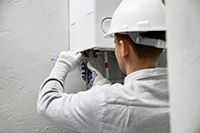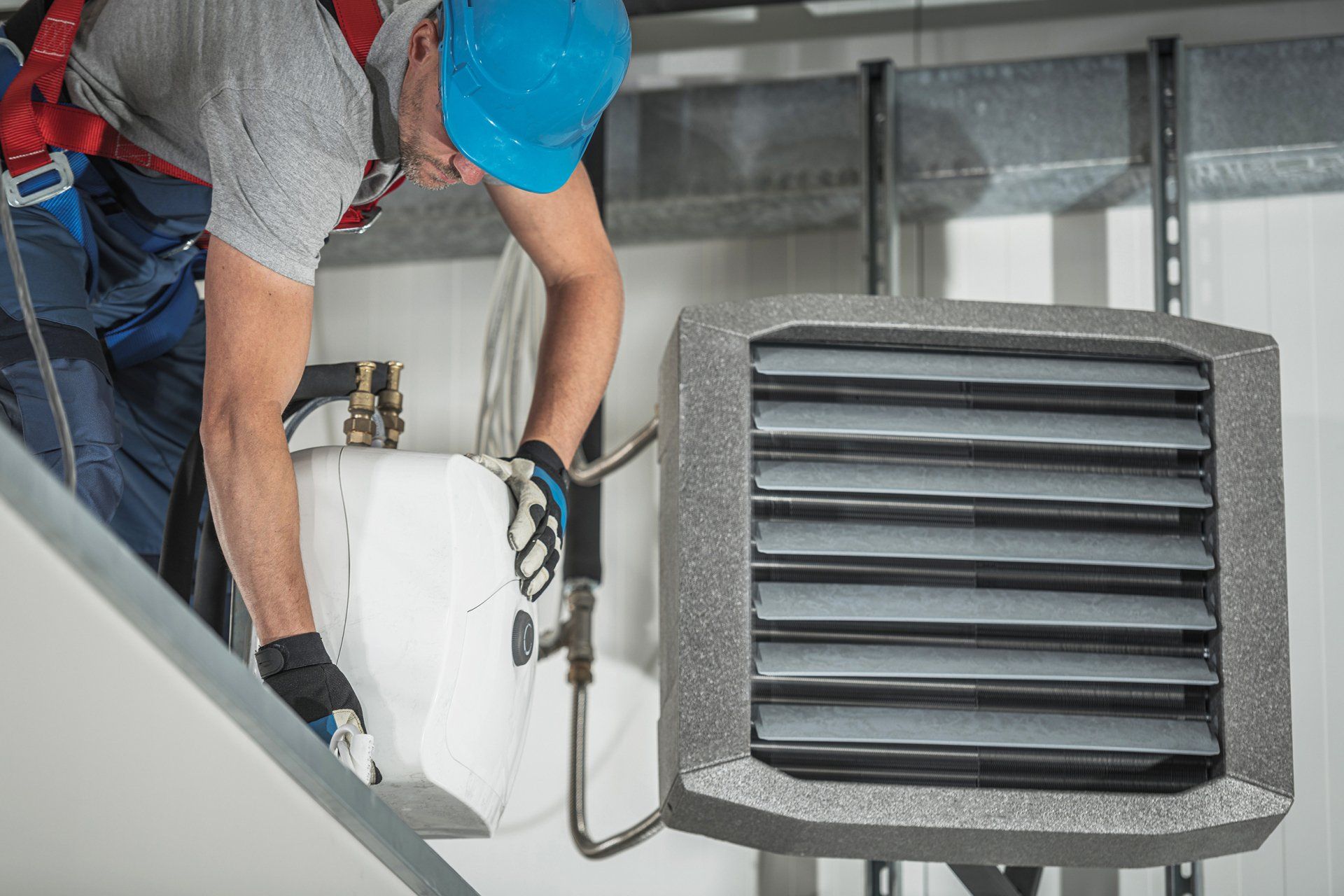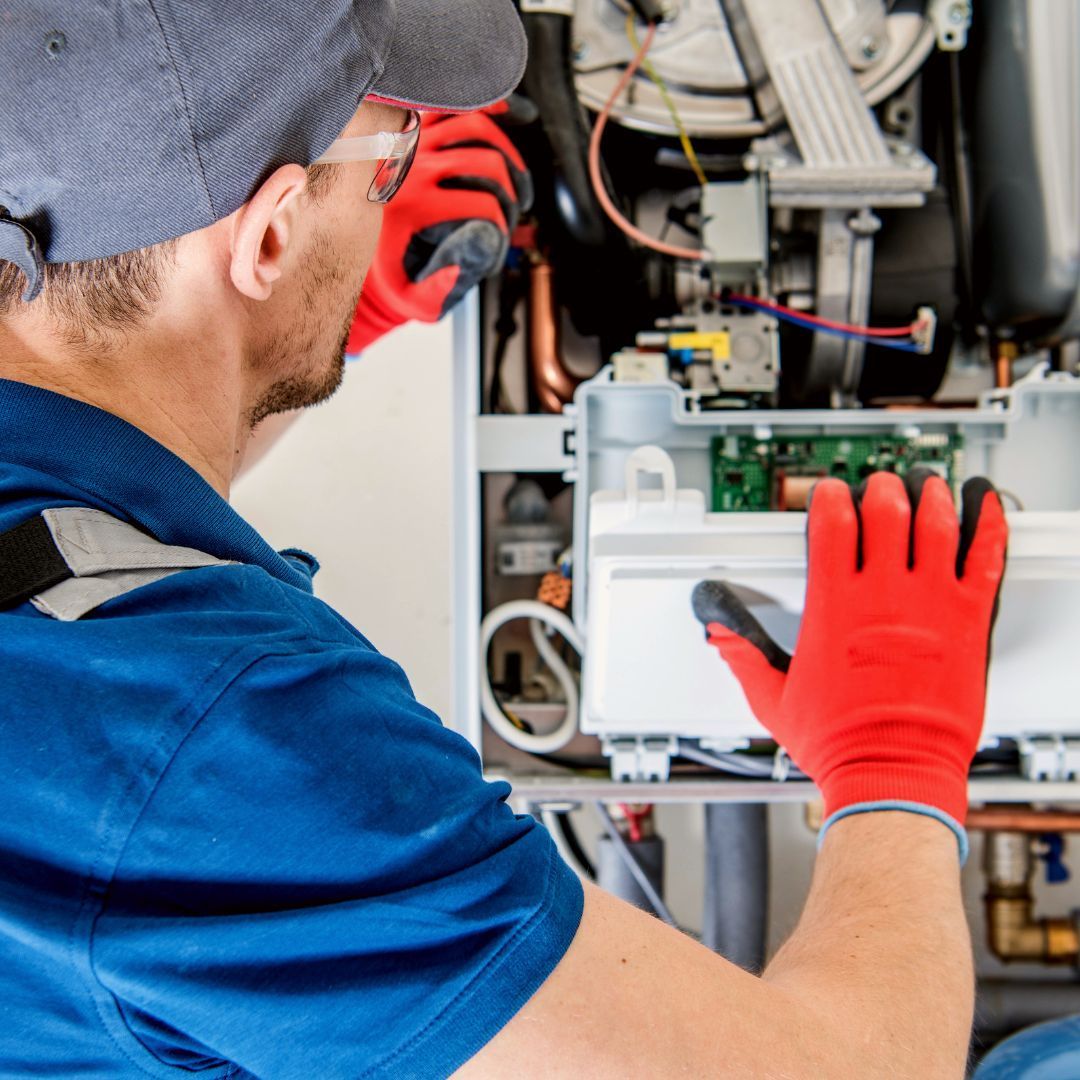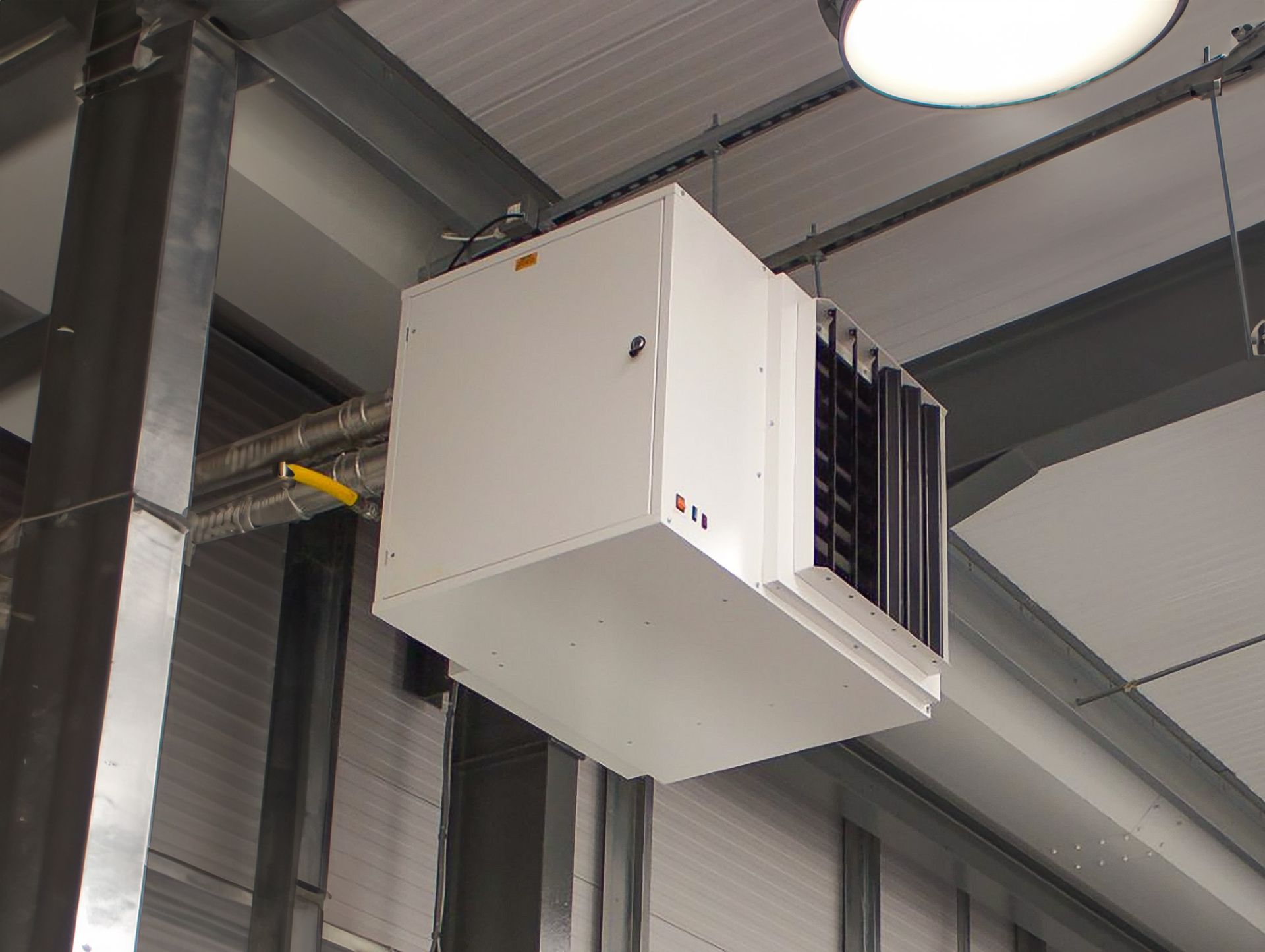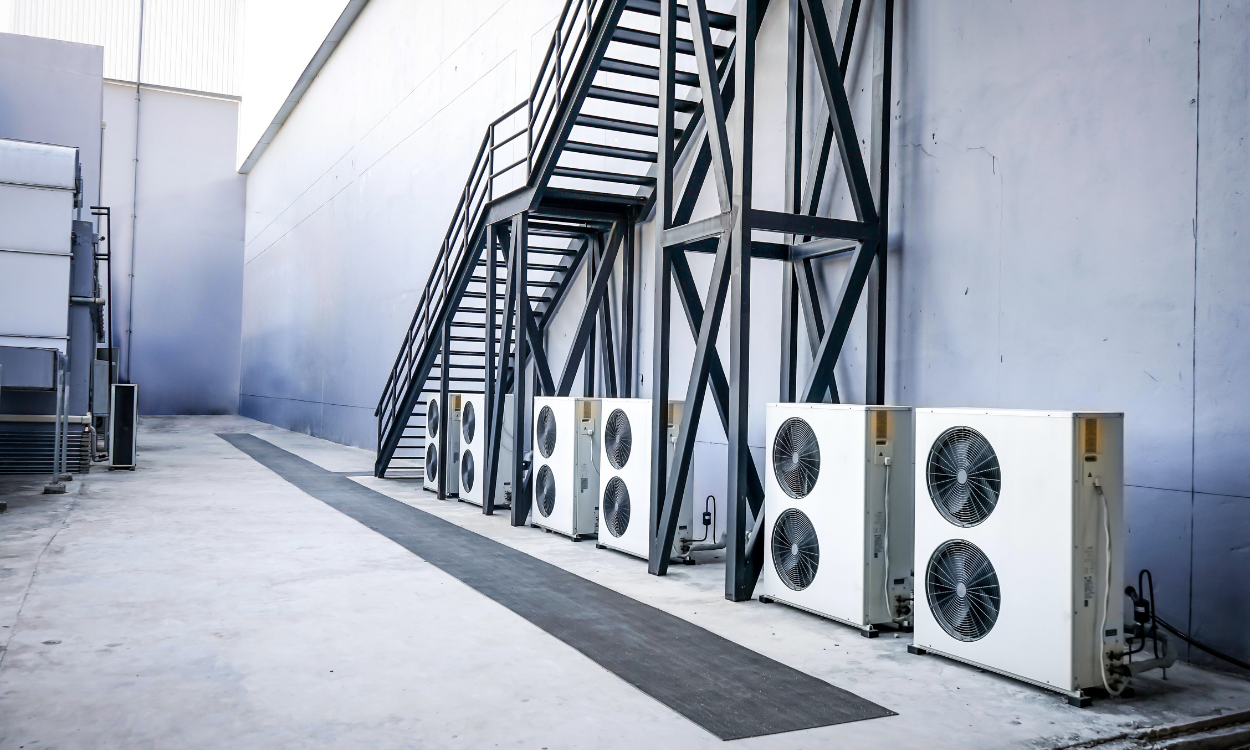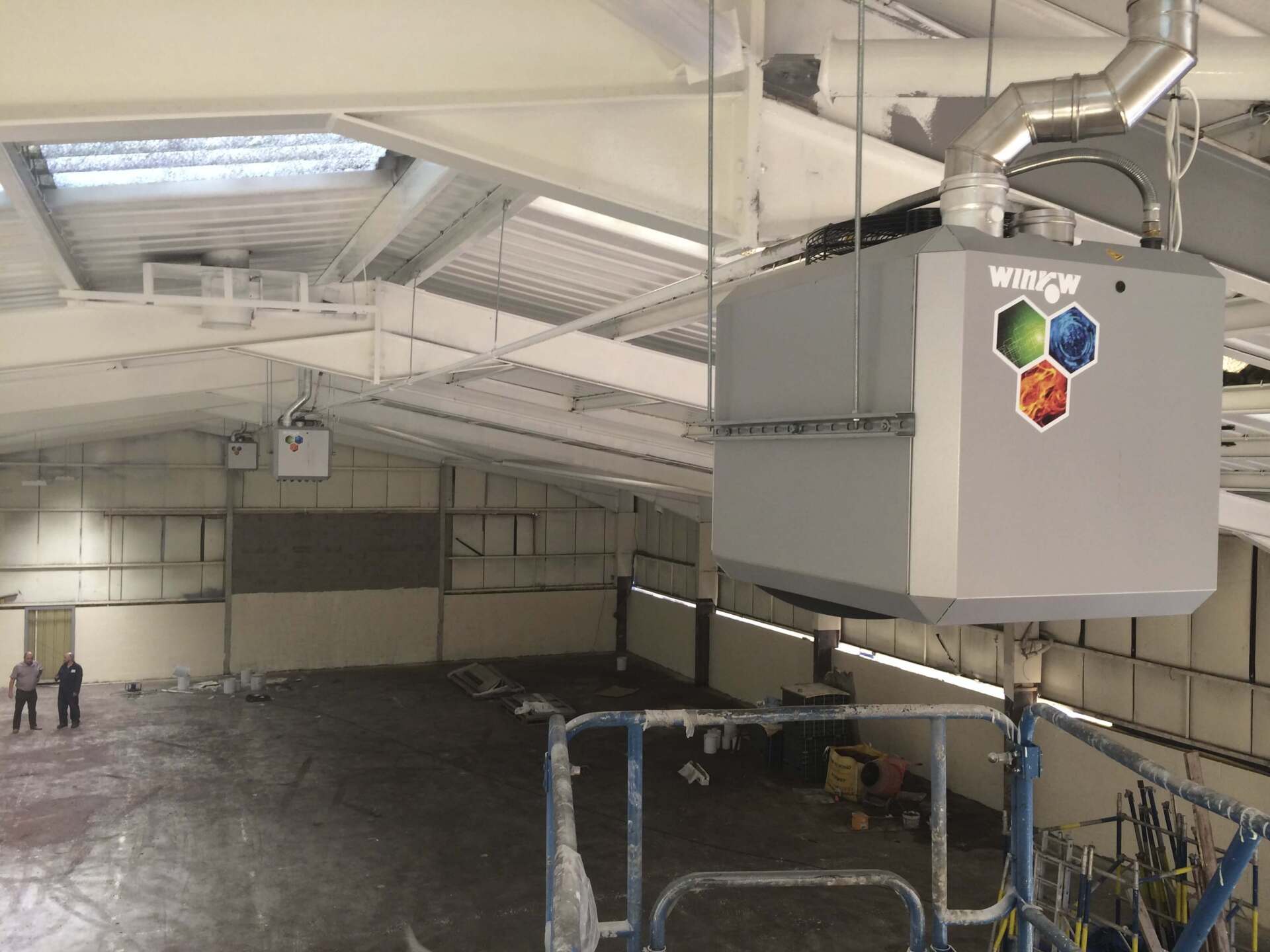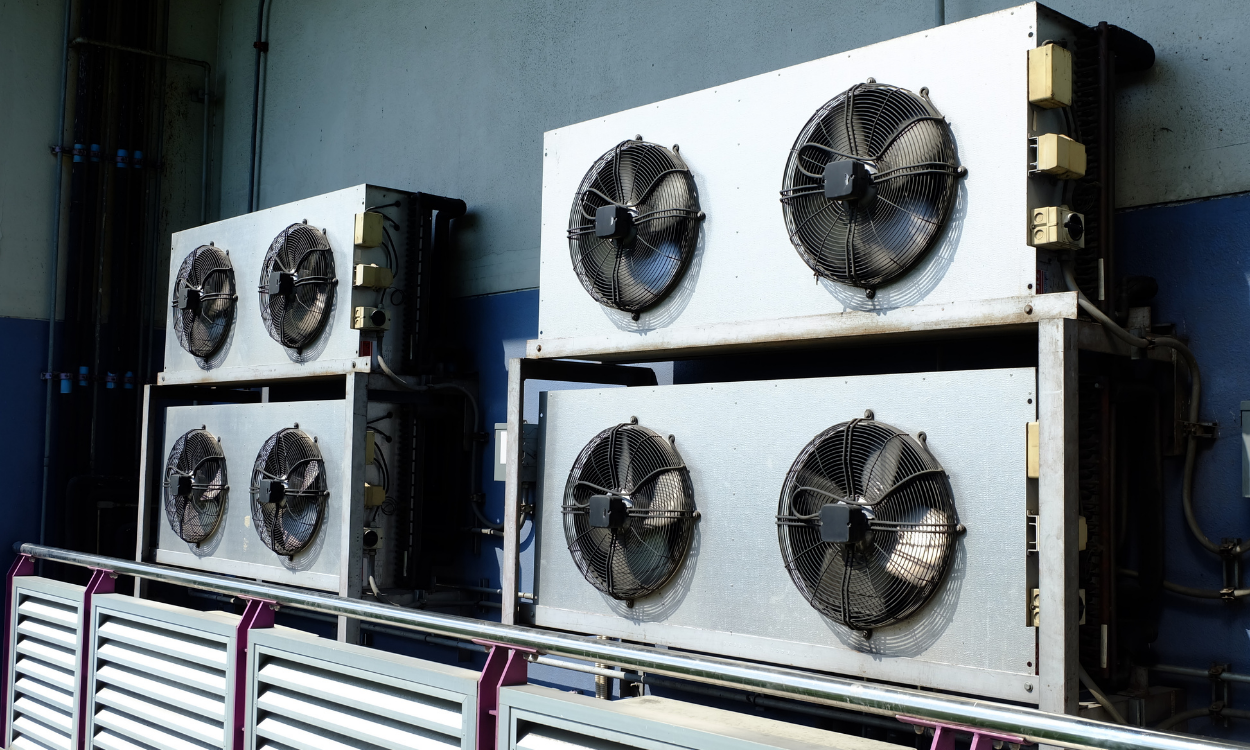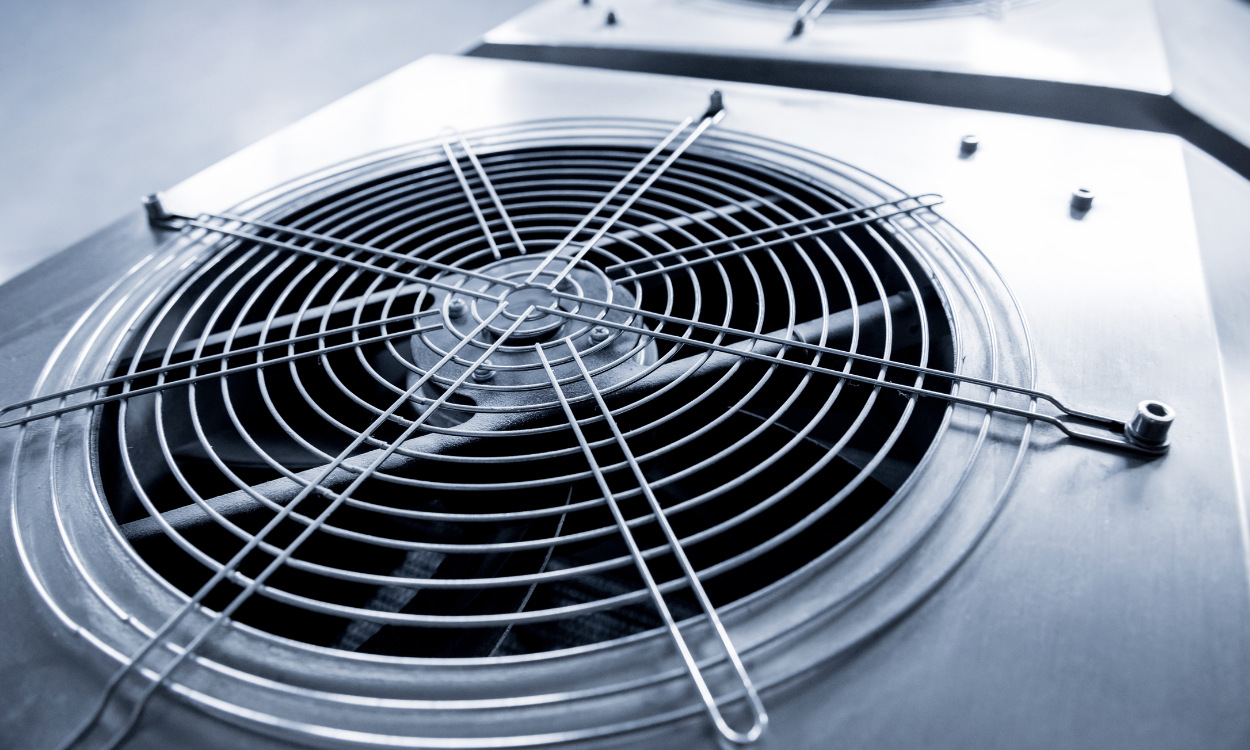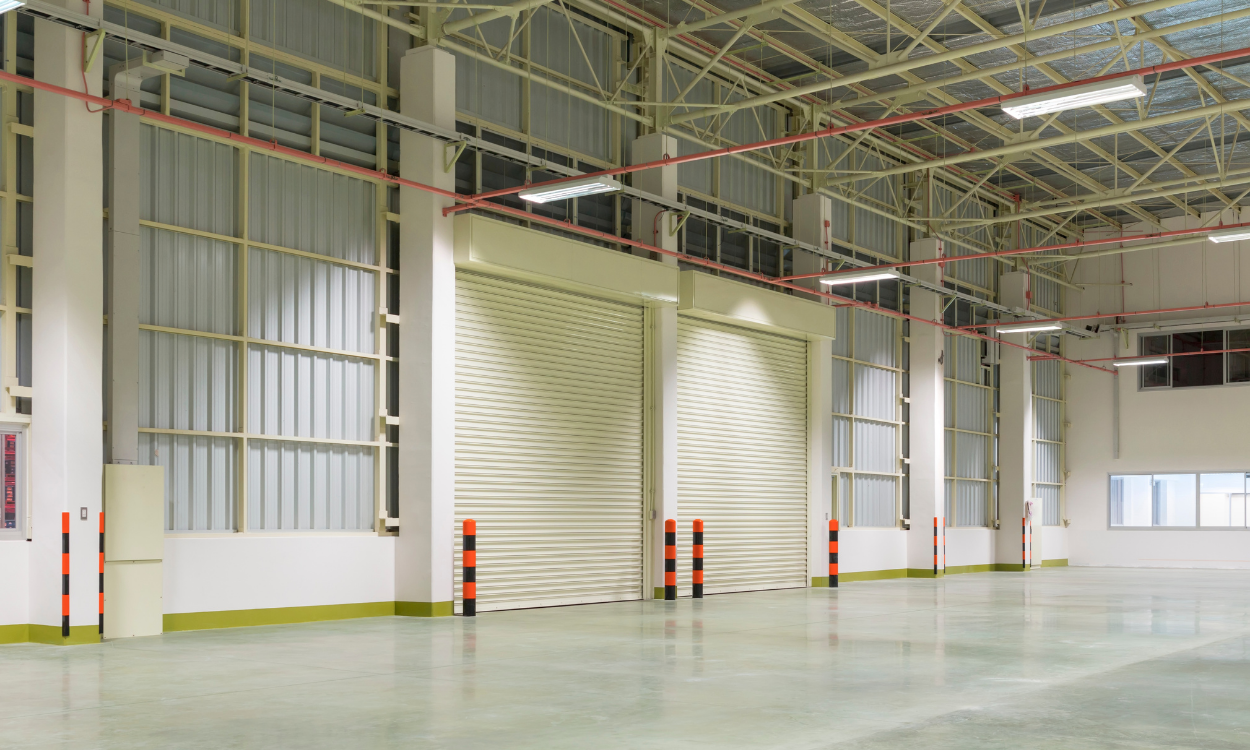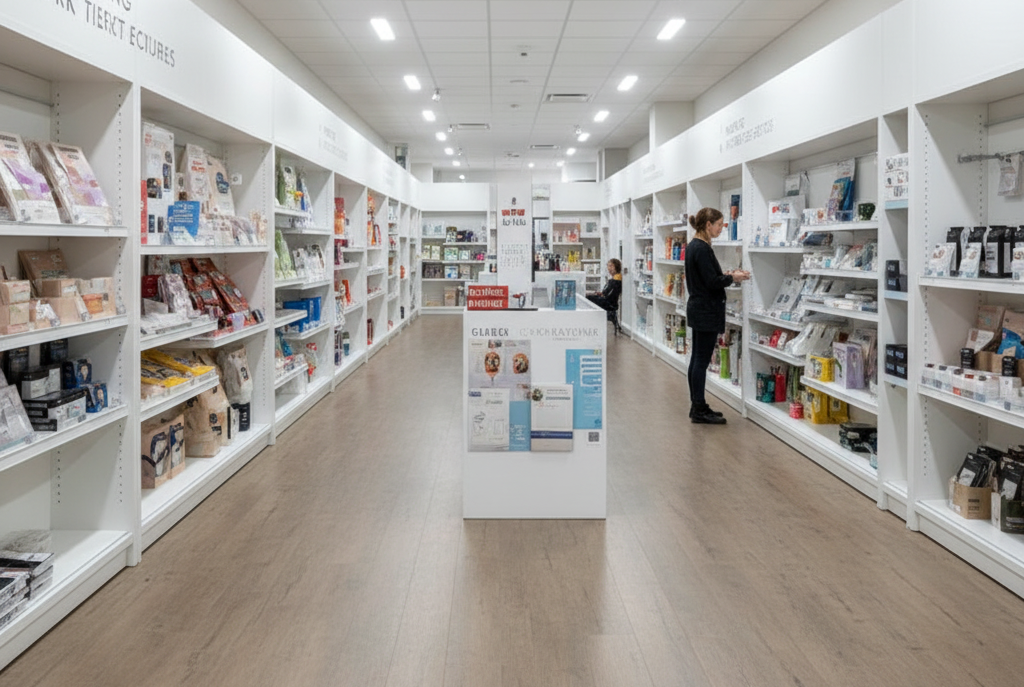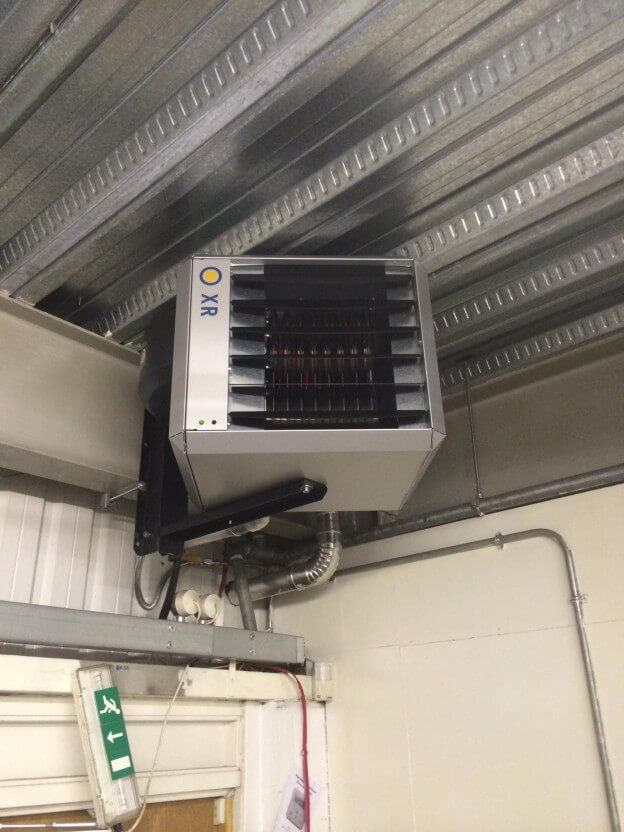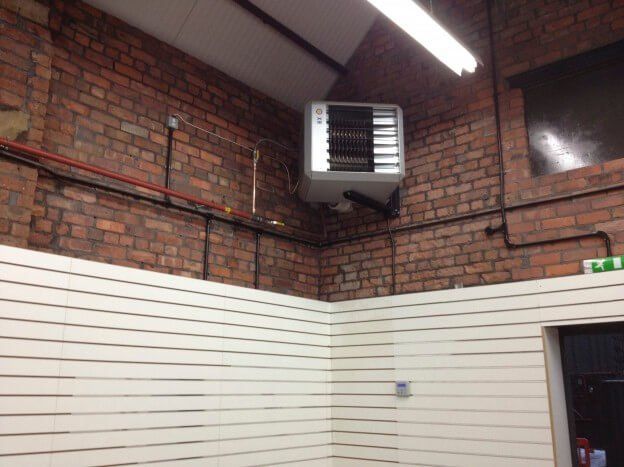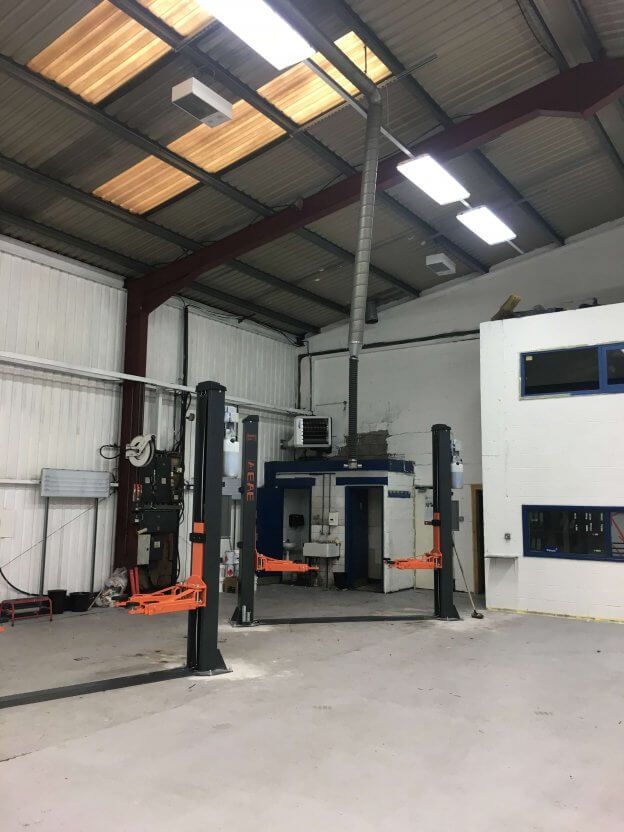What to Consider when Installing an Industrial Space Heater
When you are looking into buying an industrial space heater, you will find that they will often come with a variety of different fuelling options, portability, types of heat it can produce and heating capacities. It is important to remember to look at all of these aspects in order to get the heater which will suit your building and your company.
Fuel Type
Generally you will find that Industrial Space Heaters will either ruse gasoline or electricity but you can also use diesel heaters. Dependant on what fuel you are using is what will determine what type of heating you can have. Electric heaters usually use circulated or recirculated air systems whereas Gasoline heaters are often portable and offer a larger variety of heat types.
Type of Heat
These types of heaters have a variety of heat options such as high temperature rise, low temperature rise, low intensity options and air recirculation. Areas can be quickly heated with high temperature rise heaters but cannot be used for prolonged periods of time. Low rise heaters as the name would suggest heat areas slower. Air recirculation heat on the other hand uses air circulation to heat up the air, making them perfect for large warehouses.
Capacity
The Heating Capacity is another crucial element to consider as it will affect how much of the building/area can be heated. Different heaters are meant for different areas, some are specific to outdoor areas where as others fit warehouse environments. It is important to look at the BTUs which the capacity is measured in as this can vary from less than one hundred thousand to several hundred thousand.
Air Circulation
You will want to look into the kind of air circulation each industrial heater has. Generally the heaters with air circulation built in will have some form of forced heat fans or ventilation. These are ideal for large areas as they are able to push the warm air throughout the building. However, If the area is exposed to any outdoor environments such as open windows or a loading dock it will not work as it is just pushing the heat outside and wasting energy. In this instance you would want a unit industrial heater to keep specific areas warm for employees. It is important to bear in mind however that if the space is larger than ten thousand square feet it will become inefficient to use.
Winrow can and evaluate your industrial heating requirements and give advice on the best solution for your unique situation. Contact us now on 08000 588 035 or use our contact form for a FREE no obligation quote.
Share This Post.
Need a Quote?
Is your business is looking for heating upgrade or an installation quote? Please call us on 08000 588 035 for a free quotation or fill out our contact form and we’ll get back to you as soon as we can.
If you could also attach some relevant images of the building and advise the building volumetric, it will help with our initial design assessment. Thank you.
